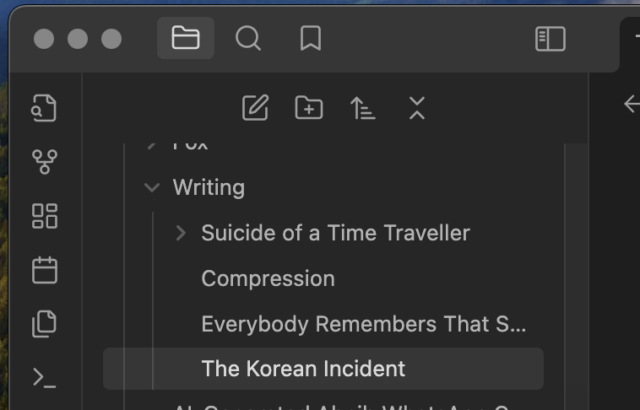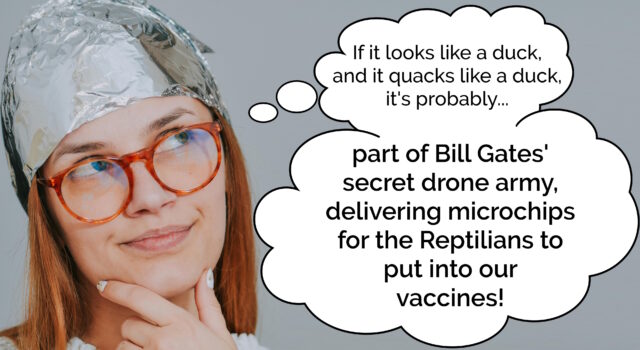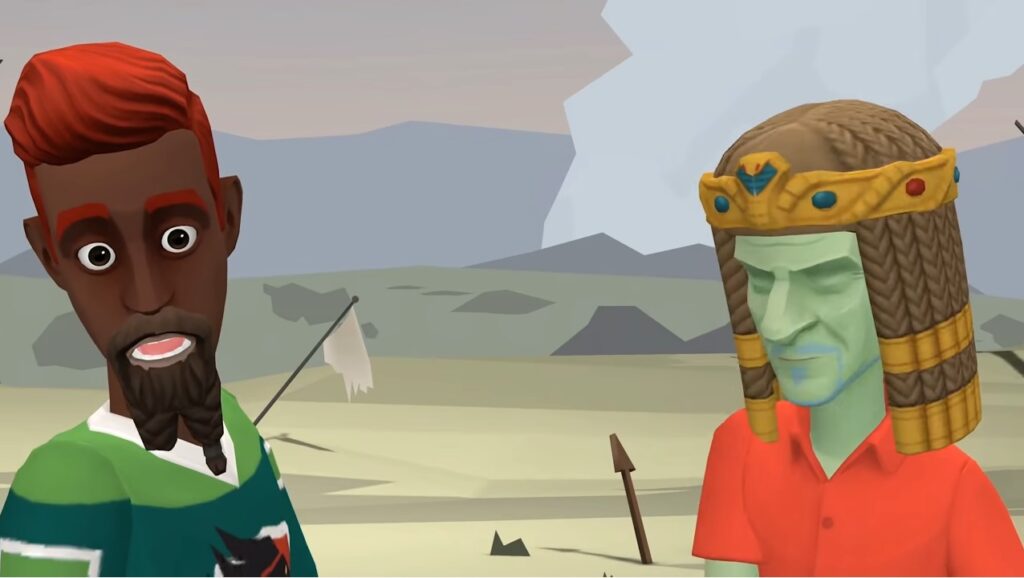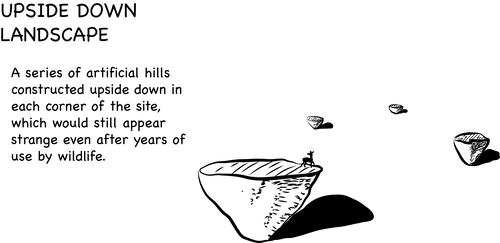On a number of occasions over the first two decades of this century I’ve attempted to write a particular short story with a science fiction/alternate history feel. Now, I’ve given up on it, and that’s… fine.
Fiction
The story’s taken several forms over the years, but the theme’s always been the same: a crazy narrative spun by an isolated society turns out, incredibly, to be true. But ultimately the people who discover that fact choose to keep it a secret because the flawed lie they live in is preferable to the instability and chaos that they fear could result. It taps into ideas about conspiracy theories, hidden worlds, and the choices we make when we have to choose between living authentically or living comfortably.

In its most-concrete form, the story covered the political aftermath of the capture by the DPRK of a fishing boat that (allegedly) drifted into North Korean waters1. The North Korea of the story represents the country at its most isolationist and mysterious, and the captured trawler crew are surprised to experience at Pyongyang a socialist utopia supported by futuristic technology. It turns out that North Korea’s in-universe propaganda is true: they really are an advanced self-reliant nation whose message of peace is being distorted by Western imperialist leaders. Insofar as the truth is known in the West, it’s suppressed for fear that the Korean model represents a democratic, post-scarcity future that threatens to undermine the power of the oligarchs of the world.
When the boat and those aboard it are repatriated with the assumption that they will act as ambassadors to the outside world, the crew are subjected to interrogations and cajoling by their home nations. They mustn’t talk about what they saw North of the 38th parallel, they’re told, with threats of imprisonment and violence if they do and financial inducements offered for their compliance. But in the end, the most-effective message for getting the wayward fisherfolk on side is their realisation that the world isn’t ready for the truth. In a dialogue between the imprisoned seafarers, they agree that they should take the bribes and return quietly to their families, not for their own sake but because they believe that telling their story would lead to a terrible war between two equally-matched parties: a small nation armed with futuristic sci-fi weapons, on one side, and the might of the nuclear superpowers of the rest of the world.
As a final twist, it’s revealed that the captain of the vessel was actually a spy, aware of the truth the entire time, who allowed the boat to go off-course with an aim of gathering information on the North Korean situation. The story finishes with the captain, having been instrumental in persuading their crew not to share what they saw, wavering in their confidence, and possibly being implied to be the author of the story.
Re-reading my notes and drafted content, I’ve got to admit that it’s got a certain feel of… Dr. Strangelove discovers Wakanda? Or maybe more like the Pueblo incident set in the world of They Live.2 It might’ve been fun to finish, someday, but now it’s not.
Sadder
That nod to Dr. Strangelove is apt, because my aim was to write something which looked farcically at the nature of political competition on a global scale, in a world in which the zaniest possible conspiracy theory turned out to be true. Strangelove used the existence of a Project Sundial-style doomsday device as the surprise truth; I was using the idea that DPRK propaganda might actually be more-honest than the narratives of its rivals3.

In my off-and-on-again long-running effort to pen the story, I last made any real effort back in around 2015-2016. Since then, the entire concept hasn’t been funny any more. Today, the story would be less farce than lampoonery, and not in a good way.
When I first envisaged the concept of the story, researching conspiracy theories meant laughing at Flat Earthers and picking holes in the arguments of the proponents of a “moon landing hoax”. For the most part, conspiracy theories seemed ridiculous, but not dangerous4. But somewhere along the way from then to now, conspiracy theories started becoming more… mainstream?

And that made the story… not fun, any more. Convicted felon Donald Trump loves to claim that a deep state cabal of leftists and big tech companies are suppressing his voice. Or that immigrants are eating pets. Or that the announcement of Osama bin Laden’s death was timed carefully so that people would watch news about that rather than Trump’s show Celebrity Apprentice5.
It turns out that my comedy villain – the leader of the “free” world who leverages enormous power to lie to and manipulate everybody – isn’t a laughing matter any more.
Perhaps I should try my hand at writing bleak, dystopian fiction instead.
Footnotes
1 Like this incident in 2009, perhaps, although there are lots of similar examples before and since.
2 In my notes somewhere I’ve got a concept that I never explored for the story which was that North Korea is under the control of a benevolent alien species trying to uplift humanity, while much of the rest of the developed world is under the influence of a malicious alien species who’re using their position to push humans to terraform Earth into something more-suited to their needs. So maybe like The Forge of God but with a climate change message? I never really worked on this idea though because it felt like I was weaving too many concepts into one tiny narrative.
3 Both are bonkers-crazy ideas, but Project Sundial is, sadly, more-believable: Kurzgesagt did a fun video about it recently.
4 Obviously I know there are exceptions and I’m speaking from a position of privilege. For a long while, for example, conspiracy theories relating to holocaust denialism have caused real harm to people. And of course there’s for a long while been actual damage caused by folks who (loudly) subscribe to false beliefs about HIV, or 9/11, or Sandy Hook, and countless others.
5 This is the kind of conspiracy theory that should be funny: idiot who bitches about claimed birthplace of president annoys that president enough that he times a battle with a wanted terrorist, so that the terrorist’s death will coincide with the timeslot of the idiot’s TV programme. But somehow, the way that politics has gone lately, especially in the USA, means that it’s not funny any more. Easily-disprovable conspiracy theories were amusing when they were the territory of crazy fringe groups; once they get tens of thousands of (armed, militant) believers, they go from being an amusement to being a dangerous cult.



